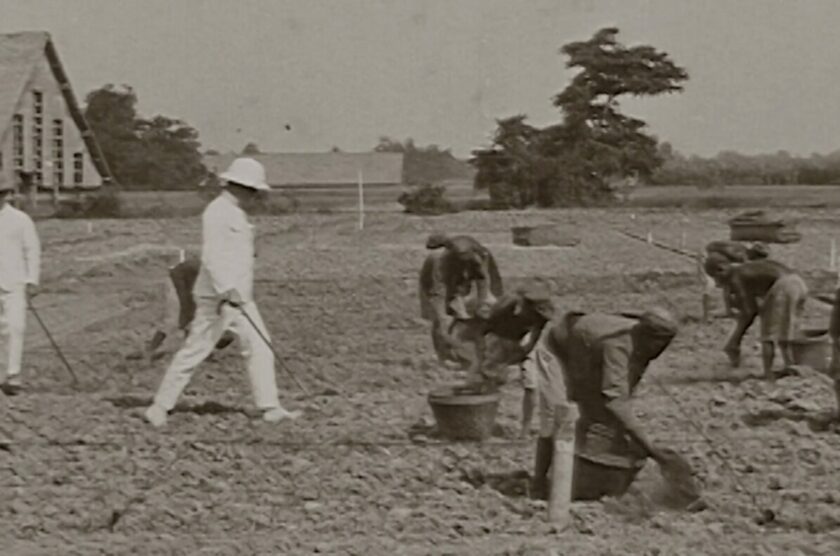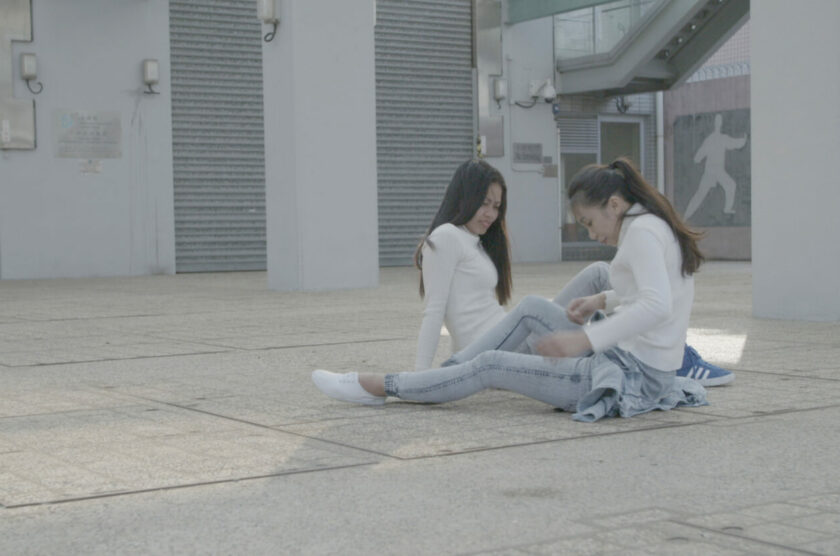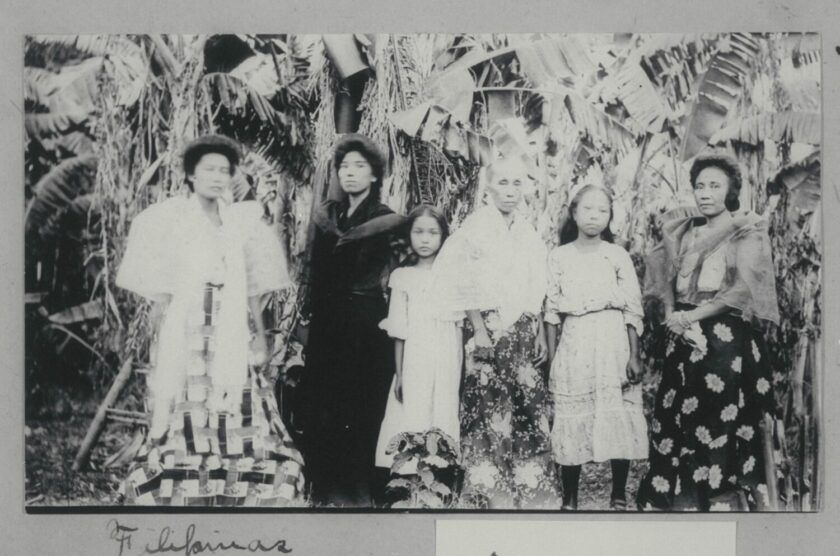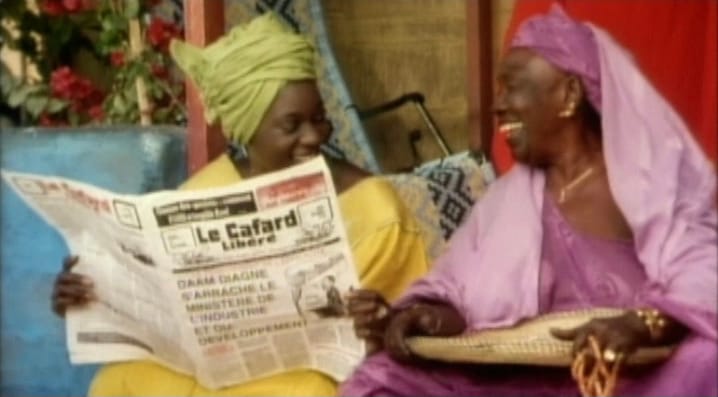Tropic Fever
by Mahardika Yudha, Perdana Roswaldy, Robin Hartanto Honggare
Indonesia / Netherlands, 2022
synopsis
Tropic Fever uncovers the racial and spatial imprints of colonial plantations and their entanglement with our contemporary society. The film narrates monologues based on a semi-autobiographical book written by László Székely, a Hungarian who worked several years as a plantation manager in Sumatra. By juxtaposing the literary narrative with the visual archival documents from across Dutch institutions, this project aims to depict the spatial implications and the racial imprints embodied in the practice of commodity extraction, a crucial economic motive sustaining colonialism.
about the filmmakers
Mahardika Yudha is an Indonesian artist, researcher, filmmaker, and curator. He co-founded Forum Lenteng, where he serves as the Coordinator of the Research and Development Division. Yudha’s work often utilizes video, photography, and installation to explore themes related to urban life, labor, and memory. His works have been exhibited in Videobrasil, Singapore Biennale, SeMA Mediacity Biennale Seoul, Yamagata International Documentary Film Festival, Kasseler Dokfest, DOK Leipzig, International Film Festival Rotterdam, National Gallery of Singapore, as well as the 12th International New Media Festival in Seoul and the Asia Pacific Contemporary Art Fair in Shanghai. Additionally, he has held residencies such as the Jenesys Programme by the Japan Foundation.
Perdana “Pepe” Roswaldy is an Indonesian filmmaker and Ph.D. candidate in Sociology at Northwestern University. Born and raised on a palm oil plantation in Indonesia, Roswaldy’s academic research focuses on political and economic sociology, environmental sociology, gender, labor, and empire. Their work often intersects with themes of land conflicts and plantation economies in Southeast Asia.
Robin Hartanto Honggare is an Indonesian architect, writer, and curator. He has contributed to various publications and exhibitions, focusing on architecture and urban studies. Honggare’s work often explores the intersections of architecture, culture, and society in Indonesia. He has been involved in curatorial projects and has written extensively on architectural developments in the region.




